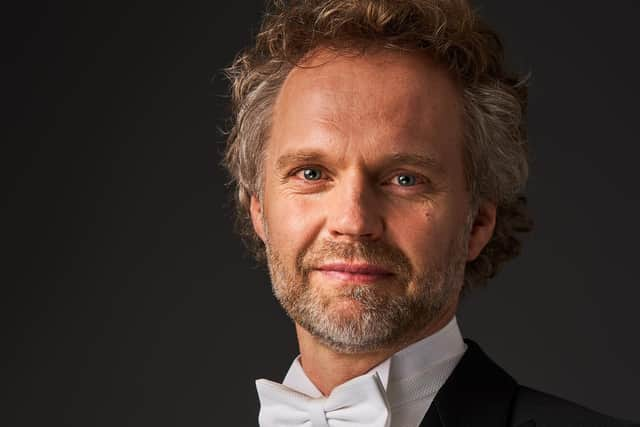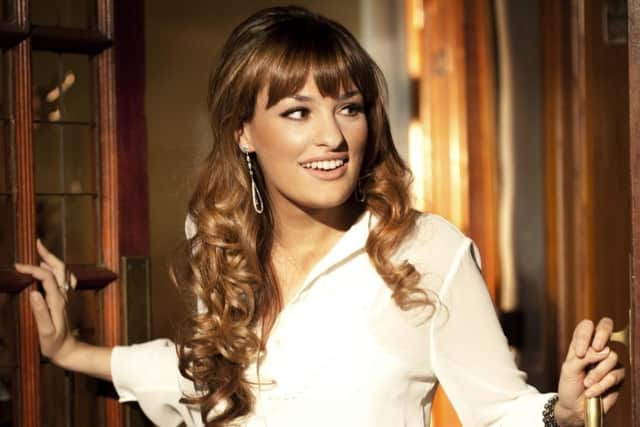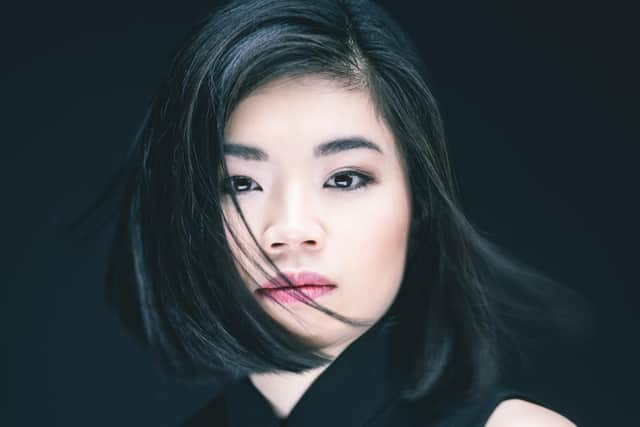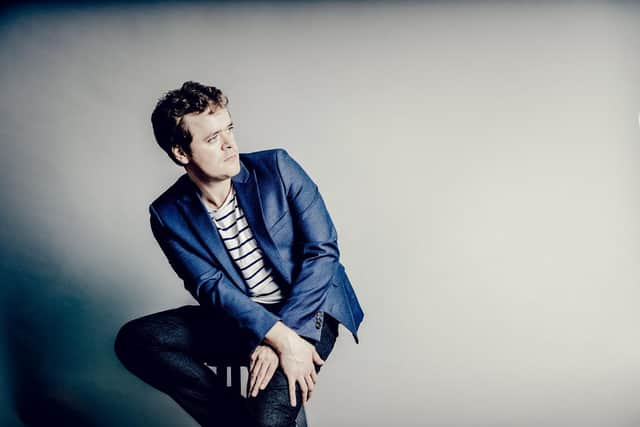RSNO's new digital season offers plenty of reasons to be cheerful


We could all do with a little more positivity, especially in the arts. So two exciting announcements by the RSNO are reasons to be cheerful. Along with the expected unveiling of a further nine-concert digital series to take us into the summer months comes the welcome news that music director Thomas Søndergård is to renew his RSNO contract for a further three years, extending his dynamic partnership with the orchestra to Autumn 2024.
The announcement came inevitably via Zoom, Søndergård speaking from Berlin where he was making his unexpected debut with the Berlin Philharmonic following a last-minute call to replace Sir Donald Runnicles. The newly-knighted Scot was unable to travel due to Covid restrictions.
Advertisement
Hide AdAdvertisement
Hide AdSuch restrictions, fingers crossed, shouldn’t stop Søndergård heading for Scotland in early March to record the opening concert of this latest RSNO mini-season and a programme (available from 16 April) that provides the springboard for an ambitious Polish theme – Polska Scotland – that runs through the entire series, and which sees recording switch from the smaller RSNO Centre to the Glasgow Royal Concert Hall main auditorium, allowing access to larger repertoire.


It features Nicola Benedetti as soloist in Karol Szymanowski’s Violin Concerto No 1, Andrzej Panufnik’s Third Symphony “Sinfonia Sacra,” and Rhapsody on Moldavian Themes by Mieczysław Weinberg (Polish-born composer of the film sound track to Coppola’s Bram Stoker’s Dracula).
“These are substantial pieces,” RSNO chief executive Alistair Mackie explains. “We can now use a maximum of 75 players in the main auditorium, compared to around 59 previously.”
The predominant Polish theme, which mostly existed as a key thread in the RSNO’s original 2020-21 season plans, coincides with this year’s Clydebank Blitz centenary. But there is a special link between Panufnik’s Sinfonia Sacra and the RSNO.
When the orchestra toured Poland in 1978, Sir Alexander Gibson insisted on including the symphony’s Polish premiere despite the communist authorities aversion to its strong Christian message. Panufnik was by then a dissident living in the UK. “They did not welcome the performance, but they did not stop it,” Panufnik’s widow, Lady Camilla, recently recalled.


Benedetti returns for the closing concert (released 11 June), when she performs the second Szymanowski concerto under principal guest conductor Elim Chan. Chan also teams up in the final two concerts with pianist Benjamin Grosvenor, in Chopin’s Piano Concerto No 1, and conducts both Lutoslawski’s and Bartók’s Concertos for Orchestra.
Other guest conductors making their RSNO debuts include the award-winning 21-year-old Angus Webster in Barber’s Violin Concerto with leader Maya Iwabuchi as soloist; Marta Gardolińska in Dvorak’s Seventh Symphony and Lutoslawski’s Little Suite; and Munich Symphony Orchestra maestro Kevin John Edusei in a Teutonic cocktail of Mahler, Schubert and Schumann.
Advertisement
Hide AdAdvertisement
Hide AdThe six orchestral programmes will be offset by three chamber music recitals featuring RSNO player groups with guest appearances by pianists Paul Lewis and Alasdair Beatson.
Overriding the obvious frustrations of enforced online presentation, Mackie reckons the challenges faced throughout this pandemic will impact on a more interesting future for the RSNO. “Digital is not going to go away,” he says. “I’d like to see a blended model in the future, where people can come back to live music in the concert hall, but equally choose to watch it again when they get home. There’s certainly a place for both. Our aim is to keep recording all our concerts.” Mini-seasons will also remain a feature.


Søndergård is equally upbeat, impressed by the way his players have had to adjust through social distancing to the way they listen to themselves and each other. But what is he missing most? “I’d like to get back to bigger things, to continue our Mahler cycle, to tackle some Bruckner, which would be great for the brass section. We may go into a French corner also, not the usual Debussy and Ravel. I’d like to explore composers like Roussel or Ibert, whom I’ve discovered during the COVID period.”
Big ideas are exactly what we need just now, even if we have to wait patiently for them to happen.
Full details of the new RSNO Digital Season available at www.rsno.org.uk
A message from the Editor:
Thank you for reading this article. We're more reliant on your support than ever as the shift in consumer habits brought about by coronavirus impacts our advertisers.
If you haven't already, please consider supporting our trusted, fact-checked journalism by taking out a digital subscription at https://www.scotsman.com/subscriptions